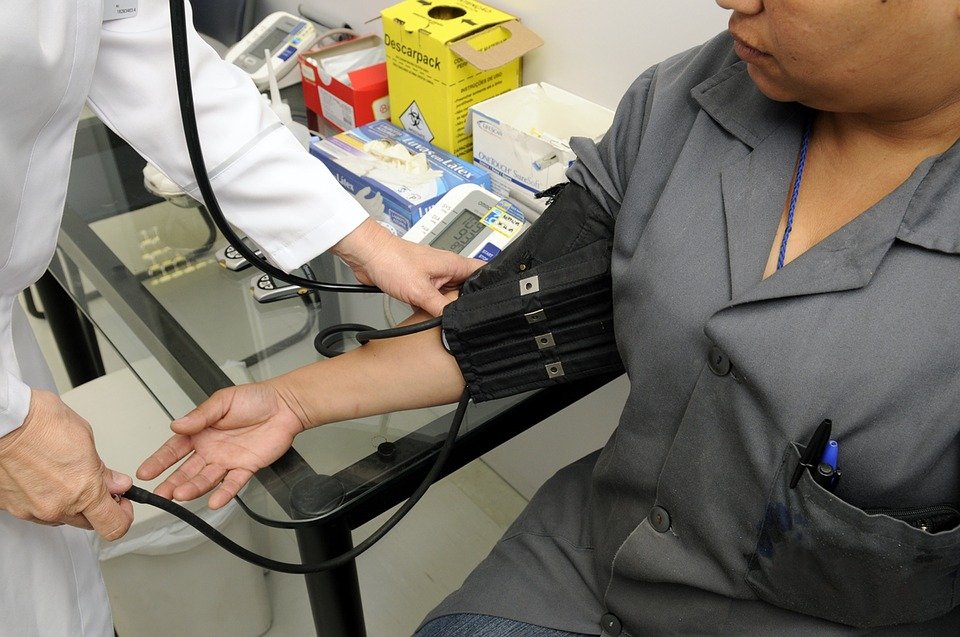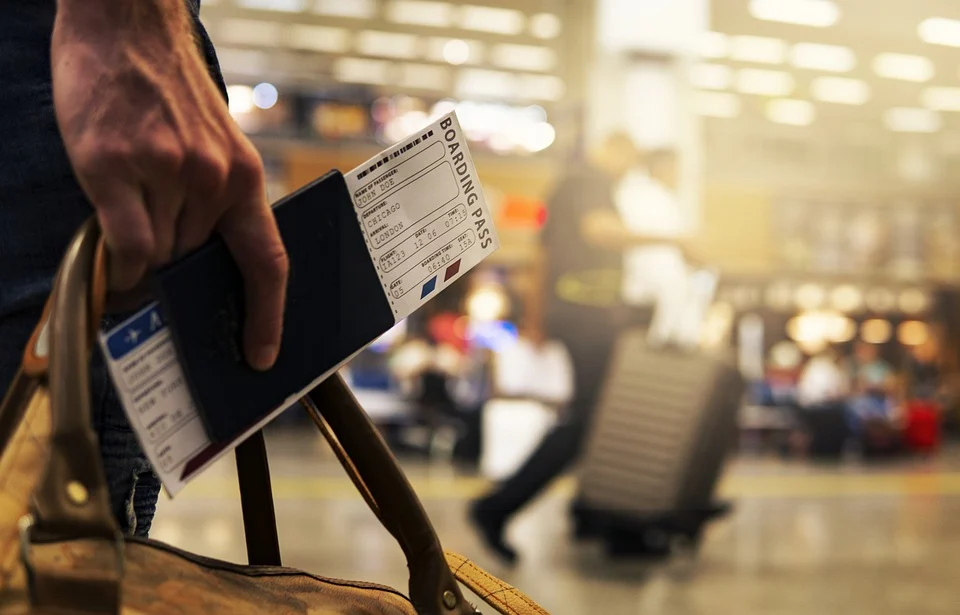Visitor visa
Standard Visitor visa allows to come to the UK to carry out ‘business activities’ (but not work), tourist activities (including to visit family) or to obtain a private medical treatment in the UK. Standard visit visa does not allow to work in the UK. It also does not allow to marry in the UK.
To enter into a marriage in the UK you would need to apply for a marriage visa. The marriage visitor visa is not the same as Fiancé visa. The Fiancé visa allows you to stay in the UK to then apply for a spouse visa from inside the UK. The marriage visitor visa is if you would like o marry in the UK but then you plan to depart the UK after the marriage.

![]() Call us about any immigration matter on your mobile or dial +4402034889710.
Call us about any immigration matter on your mobile or dial +4402034889710.
Private medical treatment requires:
- Have a private medical treatment arranged in the UK.
- Have a letter from a UK Consultant doctor providing the treatment.
- Have sufficient funds to cover the cost of the treatment and your stay in the UK.
- Provide evidence that you have strong links to your home country to convince them that you return there after the medical treatment is completed.

General permitted business visitor activities are:
- attend meetings, conferences, seminars, interviews (they should be prearranged prior to travel);
- give a one-off or short series of talks and speeches provided these are not organised as commercial events and will not make a profit for the organiser;
- negotiate and sign deals and contracts;
- attend trade fairs, for promotional work only, provided the visitor is not directly selling;
- carry out site visits and inspections;
- gather information for their employment overseas;
- be briefed on the requirements of a UK based customer, provided any work for the customer is done outside of the UK.

Other permitted business activities:
An employee of an overseas based company may:
- advise and consult,
- trouble-shoot,
- provide training, share skills and knowledge
providing that the above activities are done for a specific internal project with UK employees of the same corporate group, provided no work is carried out directly with clients.
An internal auditor may:
- carry out regulatory or financial audits at a UK branch of the same group of companies as the visitor’s employer overseas.
An employee of a foreign manufacturer or supplier may:
- install, dismantle, repair, service or advise on equipment, computer software or hardware where it has a contract of purchase or supply or lease with a UK company or organisation.
A client of a UK export company may:
- be seconded to the UK company in order to oversee the requirements for goods and services that are being provided under contract by the UK company or its subsidiary company, provided the two companies are not part of the same group. Employees may exceptionally make multiple visits to cover the duration of the contract.
Scientists and researchers may:
- gather information and facts for a specific project which directly relates to their employment overseas or share knowledge or advise on an international project that is being led from the UK, provided the visitor is not carrying out research in the UK.
Academics may:
- take part in formal exchange arrangements with UK counterparts (including doctors) and carry out research for their own purposes if they are on sabbatical leave from their home institution.
- If they are an eminent senior doctor or dentist, take part in research, teaching or clinical practice provided this does not amount to filling a permanent teaching post.
An expert witness may:
- visit the UK to give evidence in a UK court.
Other witnesses may:
- visit the UK to attend a court hearing in the UK if summoned in person by a UK court.
An overseas lawyer may:
- advise a UK based client on specific international litigation and/or an international transaction.
Religious workers may:
- visit the UK to preach or do pastoral work.
An artist, entertainer, or musician may:
- give performances as an individual or as part of a group,
- take part in competitions or auditions,
- make personal appearances and take part in promotional activities, take part in one or more cultural events or festivals on the list of permit free festivals in Appendix 5 (where payment is permitted).
Personal or technical staff or members of the production team of an artist, entertainer or musician may:
- support the activities of an artist, entertainer or musician, provided they are attending the same event, and are employed to work for them outside of the UK.
Film crew (actor, producer, director or technician) employed by an overseas company may:
- visit the UK to take part in a location shoot for a film or programme that is produced and financed overseas.
A sports person may:
- take part in a sports tournament or sports event as an individual or part of a team,
- make personal appearances and take part in promotional activities,
- take part in trials provided they are not in front of a paying audience,
- take part in short periods of training provided they are not being paid by a UK sporting body,
- join an amateur team or club to gain experience in a particular sport if they are an amateur in that sport.
Personal or technical staff of the sports person, or sports officials, may:
- support the activities of the sports person if they are attending the same event as the sports person. Personal or technical staff of the sports person must be employed to work for the sports person outside the UK.
Individuals employed outside the UK may visit the UK to take part in the following activities in relation to their employment overseas:
- a translator and/or interpreter may support a business person in the UK, provided they will attend the same event(s) as the business person and are employed by that business person outside of the UK;
- personal assistants and bodyguards may support an overseas business person in carrying out permitted activities, provided they will attend the same event(s) as the business person and are employed by them outside the UK. They must not be providing personal care or domestic work for the business person;
- a driver on a genuine international route delivering goods or passengers from abroad to the UK;
- a tour group courier, contracted to a company with its headquarters outside the UK, who is entering and departing the UK with a tour group organised by their company;
- a journalist, correspondent, producer or cameraman gathering information for an overseas publication, programme or film;
- archaeologists taking part in a one-off archaeological excavation;
- a professor from an overseas academic institution accompanying students to the UK as part of a study abroad programme, may provide a small amount of teaching to the students at the host organisation. However this must not amount to filling a permanent teaching role for that institution.
Overseas graduates from medical, dental or nursing schools may:
- undertake clinical attachments or dental observer posts provided these are unpaid, and involve no treatment of patients. The visitor must provide written confirmation of their offer to take up this post and confirm they have not previously undertaken this activity in the UK;
- take the following test/examination in the UK:
- the Professional and Linguistic Assessment Board (PLAB) test, where the visitor can provide written confirmation of this from the General Medical Council; or
- the Objective Structured Clinical Examinations (OSCE) for overseas, where the visitor can provide written evidence of this from the Nursing and Midwifery Council.
Employees of an overseas company or organisation may:
- receive training from a UK based company or organisation in work practices and techniques which are required for the visitor’s employment overseas and not available in their home country.
An employee of an overseas based training company may:
- deliver a short series of training to employees of a UK based company, where the trainer is employed by an overseas business contracted to deliver global training to the international corporate group to which the UK based company belongs.
Permitted paid engagements:
- an academic who is highly qualified within his or her field of expertise may examine students and/or participate in or chair selection panels, if they have been invited by a UK Higher Education Institution or a UK based research or arts organisation as part of that institution or organisation’s quality assurance processes.
- An expert may give lectures in their subject area, if they have been invited by a UK Higher Education Institution; or a UK based research or arts organisation provided this does not amount to filling a teaching position for the host organisation.
- An overseas designated pilot examiner may assess UK based pilots to ensure they meet the national aviation regulatory requirements of other countries, if they have been invited by an approved training organisation based in the UK that is regulated by the UK Civil Aviation Authority for that purpose.
- A qualified lawyer may provide advocacy for a court or tribunal hearing, arbitration or other form of dispute resolution for legal proceedings within the UK, if they have been invited by a client.
- A professional artist, entertainer, musician or sports person may carry out an activity directly relating to their profession, if they have been invited by a creative (arts or entertainment) or sports organisation, agent or broadcaster based in the UK.
![]() Call us about any immigration matter on your mobile or dial +4402034889710.
Call us about any immigration matter on your mobile or dial +4402034889710.

